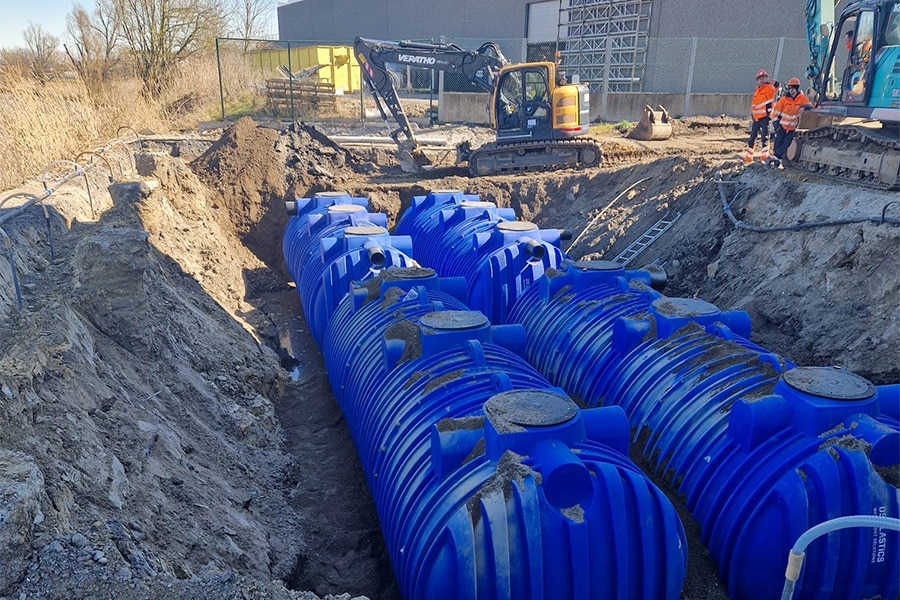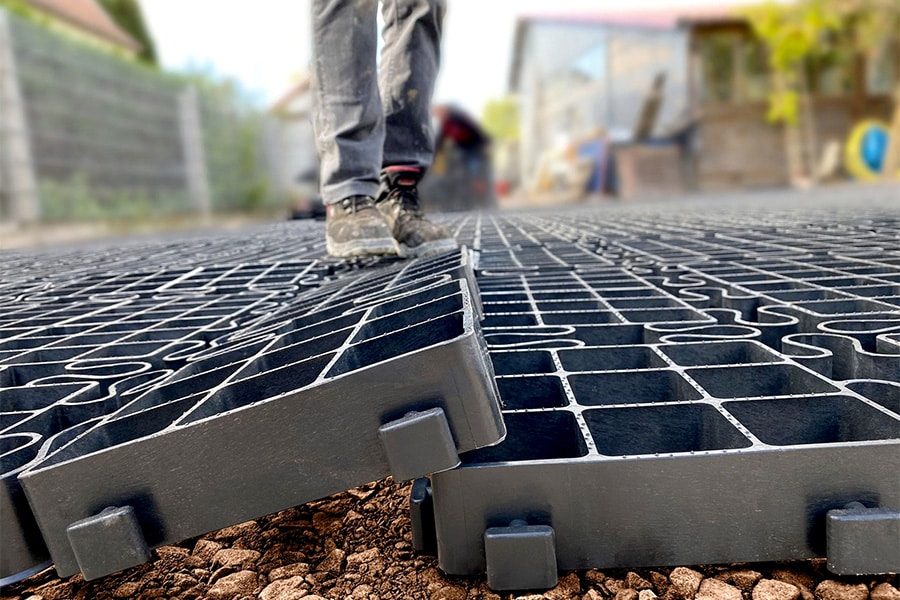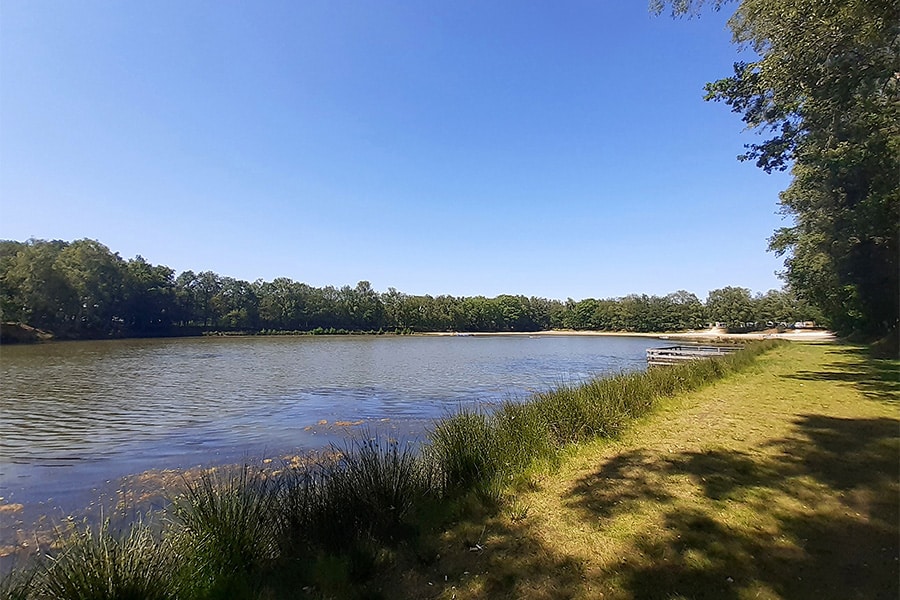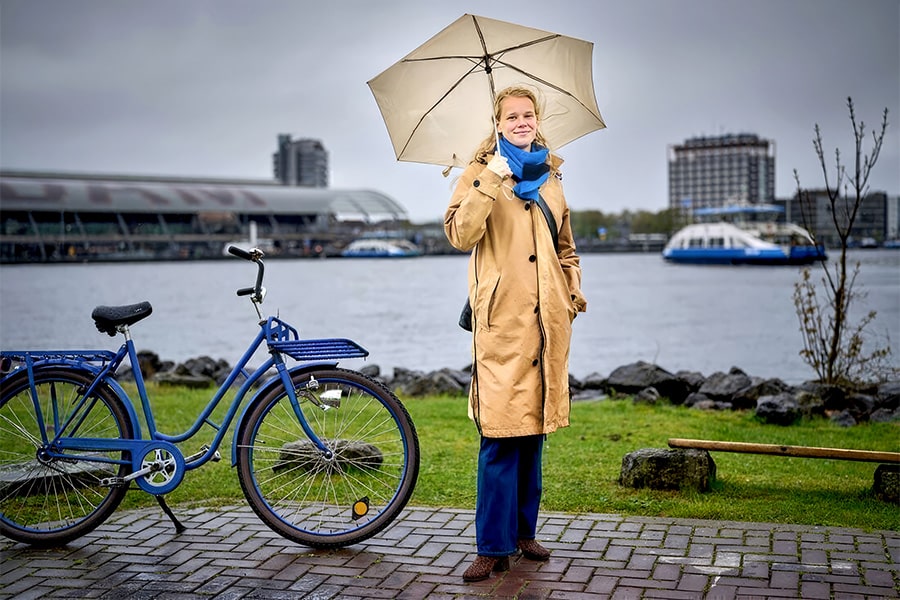
Fliegl shear trailers offer numerous advantages
There are now 25 trailers of the German brand Fliegl on the road in the Netherlands. What is special about them? That they are shear trailers. According to representative Jan Meerkerk, these offer quite a few advantages over traditional tipping systems.
"We have built up a nice position in the Netherlands in recent years," says Meerkerk. "And it's true that something like this is quite difficult with a new product. But you also see that as soon as companies see that it works for their competitors, they are more willing to take the plunge."
According to Meerkerk, Fliegl's shear trailers are suitable for "transporting all types of road construction products: from asphalt and sand to mixed granulate." What distinguishes Fliegl's trailers from other brands is its more than 20 years of experience with shear systems, the representative says. "The Dutch market demands somewhat larger buckets. That's why we supply them in 25- and 27-cubic-foot versions. With or without aluminum cover valves. We now also have them with a bulkhead pressure of 25 tons and the latest development is a body bucket for a 5-axle with a modified cylinder package. In this way the axle load can be utilized as optimally as possible. There is a market for that in the Netherlands."

ALSO DUMPERS
In addition to shear trailers, Fliegl also has shear ground dumpers in its product line. According to Meerkerk, no other manufacturer is skilled in this field. In the Netherlands you see that unknown is unloved, but in Belgium and Germany they are widely used. The advantage of a shear dumper over a tipping system is that the quality of the product to be dumped is much better. Take asphalt, for example, which is subject to increasingly stringent requirements. By unloading with a shear bucket, you get a much more homogeneous product, both in terms of temperature and structure."
Companies that purchase a shear trailer or dumper can also claim subsidies, according to Meerkerk. "Because you slide them completely empty, in theory they can also bring back cargo. That makes a significant difference in CO2 emissions. The government rewards this with subsidies that can amount to as much as 10 to 25 percent of the purchase value.
1.5 TONS LIGHTER
Although best known for shear systems, Fliegl also builds "regular" tipper trailers. "Just leave that out," states Meerkerk. "Because the Fliegl tippers are just 1.5 tons lighter than those of competitors. And that not only saves fuel and wear and tear, but is also a lot better for the environment." Without immediately giving away the blacksmith's secret, Meerkerk is willing to reveal that Fliegl has found a way to produce constructively strong steel and aluminum tippers on a very light body. By rounding off the front of the chassis, considerable weight savings are made without sacrificing bulkhead pressure.



